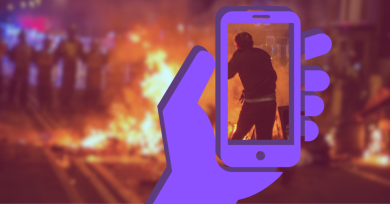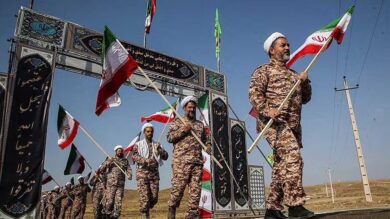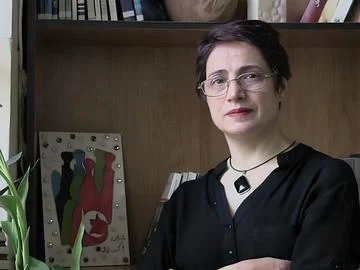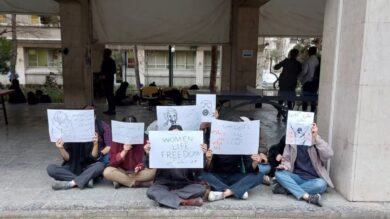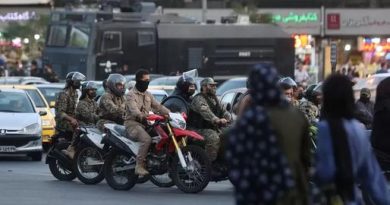The Islamic Revolutionary Guard Corps (IRGC) has been a cornerstone of Iran’s political, economic, and military architecture since its inception in 1979. Tasked with safeguarding the Islamic Revolution, the IRGC has evolved into a formidable force, exerting influence over various facets of Iranian society. Imagining Iran without the IRGC necessitates an exploration of the potential transformations across governance, economy, foreign policy, and civil liberties.
1. Political Landscape: Shifting Power Dynamics
The IRGC’s entrenchment in Iran’s political sphere is profound. Its members occupy key positions in the government, and the organization wields significant influence over electoral processes and policy-making. In a scenario where the IRGC is absent, several shifts could occur:
• Empowerment of Civil Institutions: The removal of the IRGC could lead to a rebalancing of power, strengthening civilian institutions and potentially fostering a more democratic governance structure.
• Reduction in Militarization: Politics in Iran might experience a decline in militaristic overtones, allowing for a more open political discourse and reduced suppression of dissent.
• Clerical Adjustments: The clerical establishment, which has historically relied on the IRGC for enforcement, might need to recalibrate its approach to maintain authority, possibly leading to internal reforms.
2. Economic Implications: Towards Market Liberalization
The IRGC’s economic footprint is vast, encompassing sectors like construction, oil, telecommunications, and more. Its dominance has often stifled competition and fostered corruption. Without the IRGC:
• Increased Private Sector Participation: The absence of IRGC-affiliated monopolies could open up opportunities for private enterprises, encouraging entrepreneurship and innovation.
• Foreign Investment Attraction: A more transparent and competitive economic environment might attract foreign investors, boosting economic growth.
• Reduction in Corruption: Dismantling the IRGC’s economic networks could lead to improved regulatory oversight and a decline in illicit financial activities.
3. Foreign Policy: Reorienting International Relations
The IRGC, particularly through its Quds Force, has been instrumental in shaping Iran’s foreign engagements, often supporting proxy groups and engaging in regional conflicts. In its absence:
• Diplomatic Engagements: Iran might pursue a more diplomacy-focused foreign policy, seeking peaceful resolutions and improved relations with neighboring countries and the West.
• Withdrawal from Proxy Conflicts: Support for groups like Hezbollah and the Houthis could wane, potentially leading to decreased regional tensions.
• Sanctions Relief: A shift away from aggressive foreign policies might pave the way for the lifting of international sanctions, revitalizing Iran’s economy.
4. Civil Liberties and Social Dynamics: A Breath of Freedom
The IRGC, along with its Basij militia, has been central to enforcing strict social codes and suppressing dissent. Without its pervasive presence:
• Enhanced Personal Freedoms: Citizens might experience greater freedom of expression, assembly, and belief, fostering a more open society.
• Cultural Flourishing: Relaxation of censorship could lead to a renaissance in arts, literature, and media, reflecting diverse perspectives.
• Youth Empowerment: The younger generation, often at odds with the IRGC’s conservative stance, could play a more active role in shaping Iran’s future.
5. Security and Stability: Navigating Transitional Challenges
While the removal of the IRGC could herald positive changes, it also presents challenges:
• Power Vacuums: The sudden absence of a dominant force might lead to internal power struggles, necessitating careful management to ensure stability.
• Reforming Security Apparatus: Establishing new security structures that respect human rights while maintaining order would be crucial.
• Transitional Justice: Addressing past abuses and integrating former IRGC members into society would require comprehensive reconciliation efforts.
Conclusion
Envisioning Iran without the IRGC reveals a landscape ripe with possibilities for democratization, economic revitalization, and enhanced civil liberties. However, the transition would demand meticulous planning, inclusive dialogue, and robust institutional reforms to navigate potential pitfalls and ensure a stable and prosperous future for the nation.
Join Our Newsletter!
Stay informed with the latest updates, news, and ways to take action in the fight for justice and global security. Sign up now to get updates delivered straight to your inbox!

